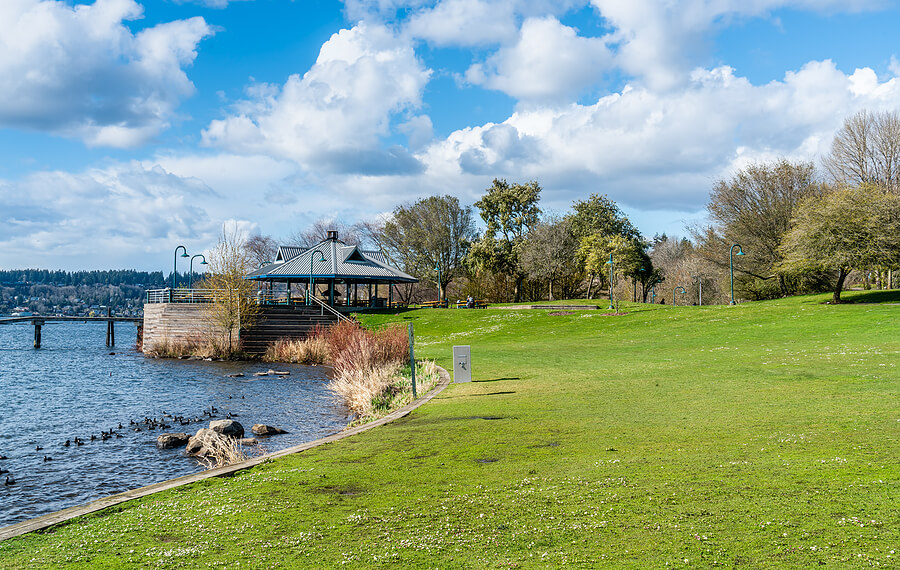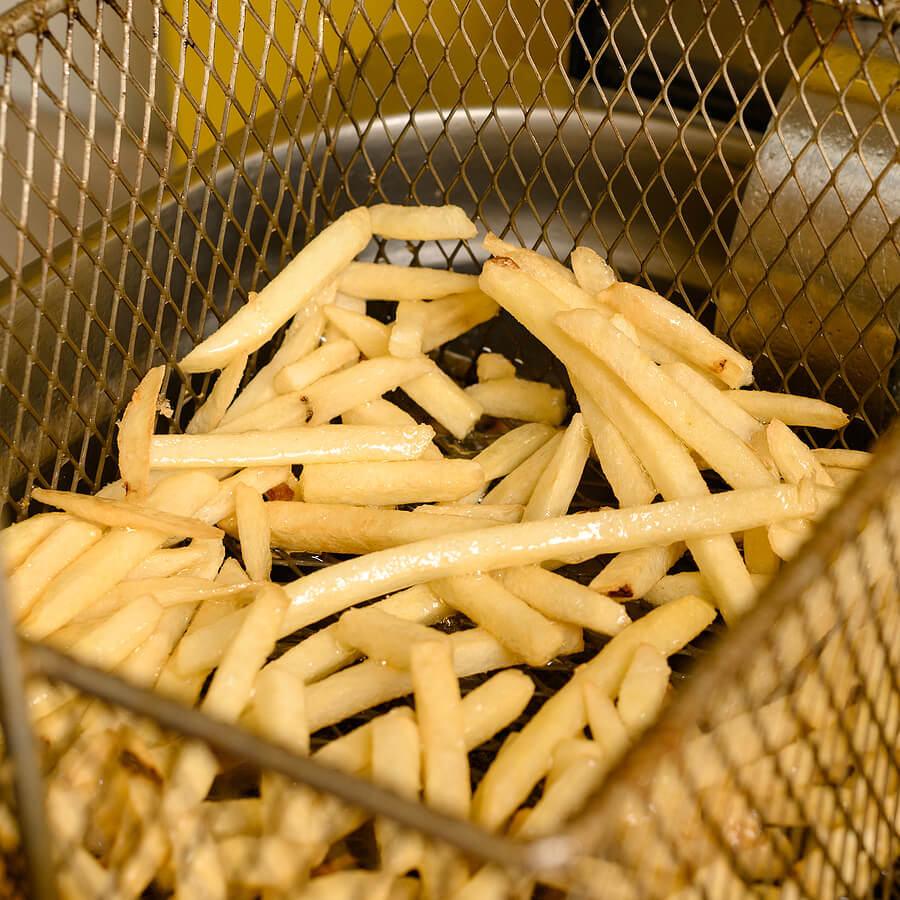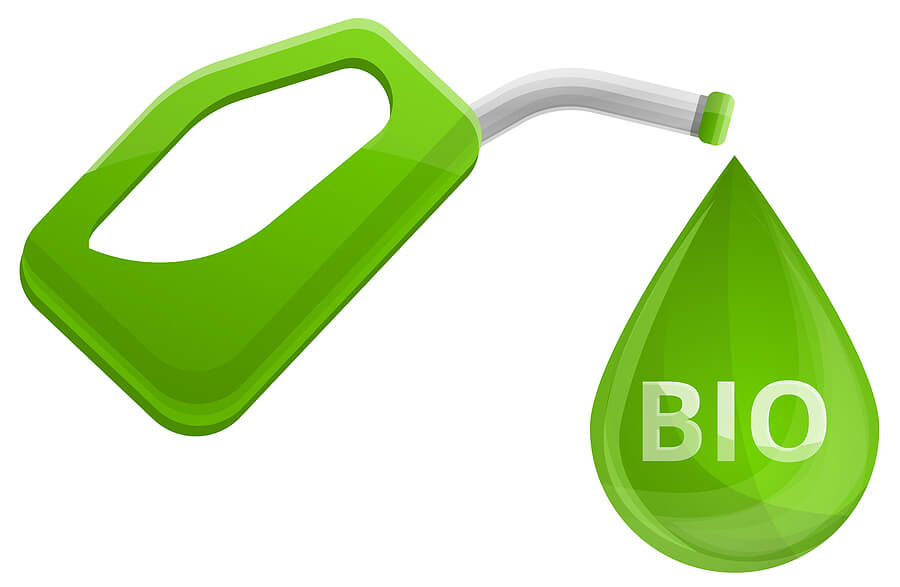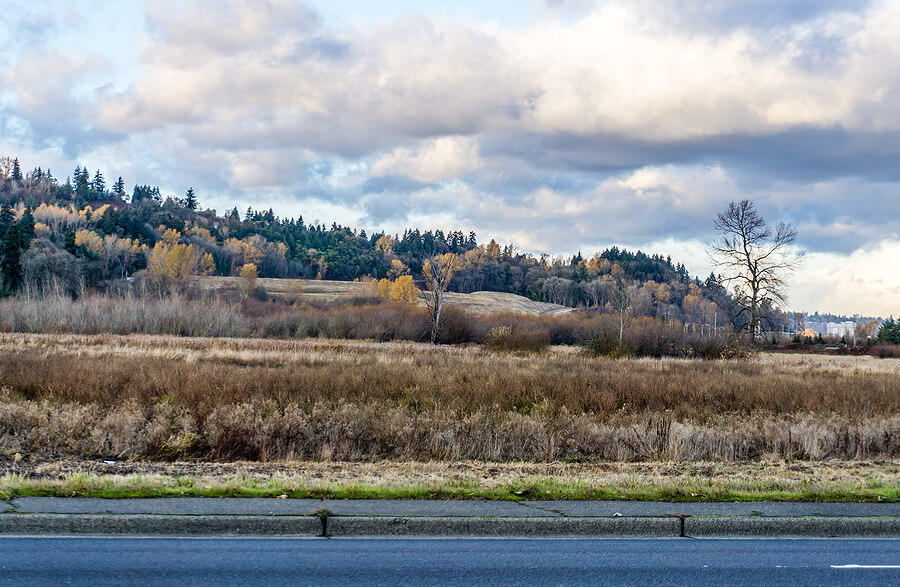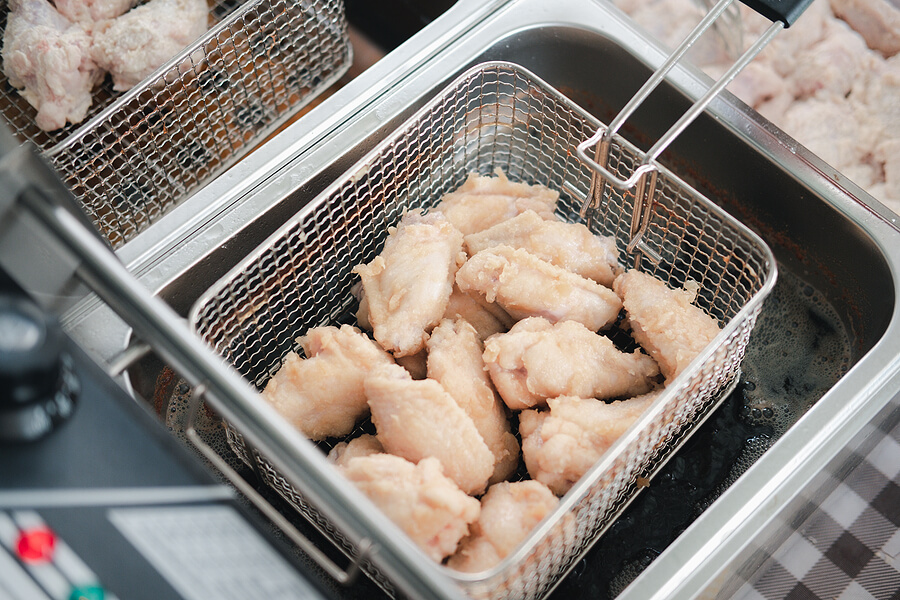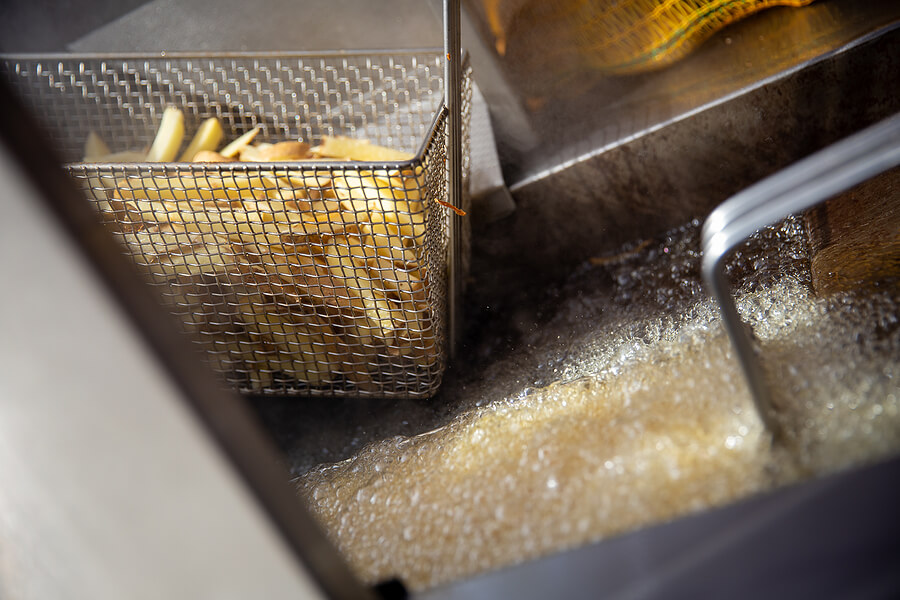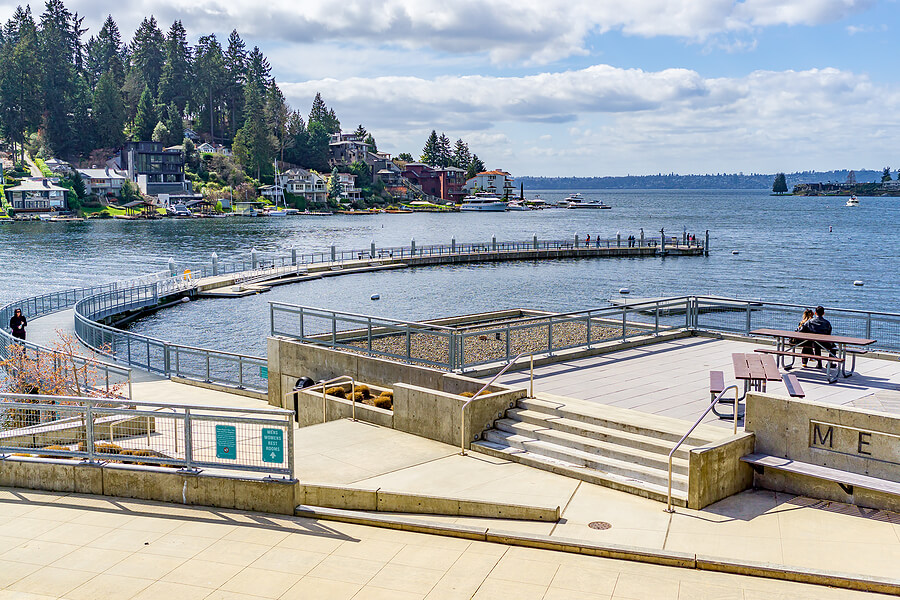Nestled on the coast of Lake Washington, Renton stands as a shining example of a city committed to preserving its natural beauty, fostering a thriving community, and championing sustainability. In this article, we embark on a journey to uncover the importance of responsible disposal and recycling of used cooking oil in Renton. Together, we'll explore the diverse range of options available to Renton residents and businesses, showcasing their unwavering dedication to a cleaner, greener environment. Join us as we delve into the innovative approaches adopted by Renton, making it a...
Five Signs Your Grease Trap Needs Repairs
Food service establishments in Oregon are required to have grease traps connected to all kitchen fixtures. An FSE includes motel/hotel kitchens, restaurants, food carts, prisons, nursing homes, school cafeterias, and cafes, This rule applies to new constructions, redevelopment, changes in ownership, or kitchen upgrades. If you own a restaurant in Oregon and don’t have a grease trap, you should. If you do have one, how often do you have it maintained and inspected? Rules are every 30 days for a hydromechanical grease interceptor or 90 days for a gravity grease...
The Role of Biofuels in Sustainable Agriculture: Promoting Energy Independence
People’s dependence on fossil fuels has led to serious issues with global warming and damage to the environment. To get people away from fossil fuels, people shifted to solar, wind, hydroelectricity, heat pumps, and geothermal, but all of these have limitations. Plus, they’re not extremely helpful at powering vehicles, planes, and trains. Enter biofuels, liquid fuels produced from things found in nature like corn, soy, used cooking oil, trees, and algae. Biofuel is made from feedstock that can be grown and harvested or is already out there and spread quickly,...
Lakewood, Washington Used Cooking Oil Disposal & Recycling
Lakewood, Washington, is a city renowned for its breathtaking natural landscapes, thriving community, and unwavering dedication to sustainability. In this article, we delve deep into the significance of responsible disposal and recycling of used cooking oil, exploring the multitude of ways in which Lakewood residents and businesses actively contribute to a cleaner and greener environment. Join us on an informative journey as we uncover the various options available for used cooking oil disposal, highlighting the positive impact these practices have on our beloved city of Lakewood. Understanding the Environmental Risks...
Innovations in Biofuel Technology: Advancements in Production and Efficiency
What is biofuel? By definition, it’s a form of fuel derived from renewable sources instead of fossil fuels. Biofuel is produced from things like algae, grass, agricultural waste, recycled cooking oil, etc. This is incredibly important as biofuel recycles things people are already using. This is incredibly important as it lowers the demand for petroleum products. It also reuses items that would otherwise go into a landfill or environment where it could do harm. As the nation turns towards renewable energy sources, how is biofuel technology changing? What are some...
Kent, Washington Used Cooking Oil Disposal & Recycling
Kent, Washington, is well known for its breathtaking scenery, energetic neighborhood, and dedication to sustainability. This is a city that values environmental awareness and understands the importance of safe disposal and recycling of wasted cooking oil. It is essential to put efficient measures in place for a greener and more sustainable future. Join us as we explore the critical role that recycling and disposing of used cooking oil play in creating a cleaner, healthier, and more environmentally friendly Kent. The Importance of Properly Disposing of Used Cooking Oil Used cooking...
Maintaining Your Grease Trap Between Cleanings
One of the most important duties a restaurant owner has is to keep a grease trap working effectively. If your grease trap fails and fats, oils, and grease (commonly referred to as FOG) go into the sewers, you face steep fines. FOG wastes are classified into two categories. You have yellow grease, which comes from cooking oils, and there is grease trap waste that can contain fats from the foods you cook, like bacon or beef. According to the EPA, restaurants can generate up to 17,000 pounds of grease each...
Federal Way, Washington Used Cooking Oil Disposal & Recycling
Federal Way, Washington, is an environmentally conscious community dedicated to sustainable practices and reducing its ecological footprint. With the presence of renowned restaurants in the area, the proper disposal and recycling of used cooking oil play a vital role in building a greener and more sustainable Federal Way. Join us as we explore the significance of used cooking oil disposal and recycling and how restaurants can positively impact the Federal Way community. The Importance of Properly Disposing of Used Cooking Oil Used cooking oil is a byproduct of culinary activities...
The Most Common Grease Trap Cleaning Mistakes and How to Avoid Them
Commercial food service establishments, including Portland’s restaurants, are required to have grease traps. Grease management areas must have hard plumbing from areas like sinks, dishwashers, and drains that lead directly to a grease trap. Owners have to keep maintenance records on file. Grease traps are necessary to prevent FOG from getting into sewer lines where they can cause blockages and damage. Even with a working grease trap, it can’t be installed and ignored. Check out the most common grease trap cleaning mistakes and what you can do to avoid them....
Bellevue, Washington Used Cooking Oil Disposal & Recycling
Bellevue, Washington, is known for its picturesque landscapes and thriving technology sector, As an environmentally conscious community, Bellevue is committed to sustainable living and reducing its ecological footprint. Also home to many of Washington’s finest restaurants, Bellevue’s growing community inevitably produces a large amount of used cooking oil, which can be harmful to the environment. Join us as we explore the key role of used cooking oil disposal and recycling in building a more sustainable and greener Bellevue. The Significance of Properly Disposing of Used Cooking Oil Used cooking oil...



